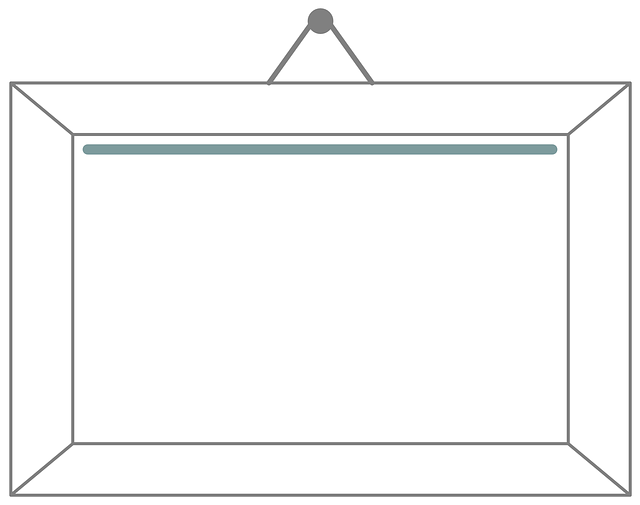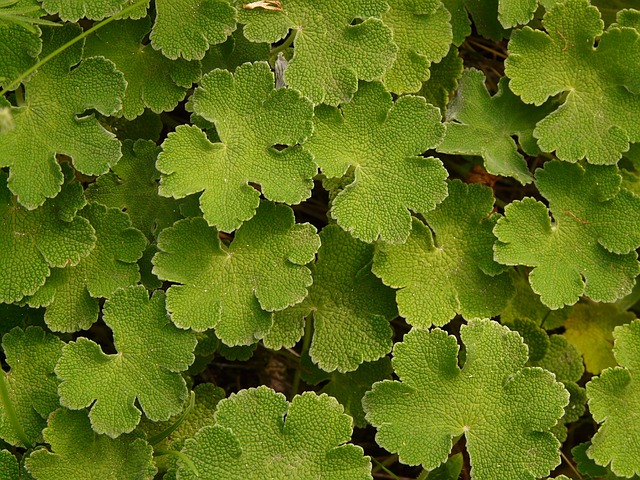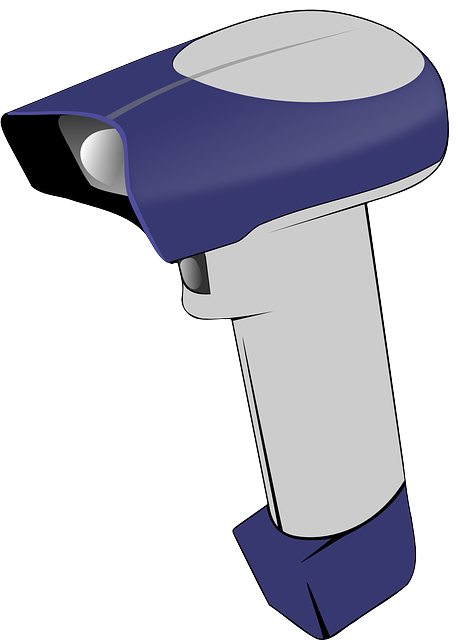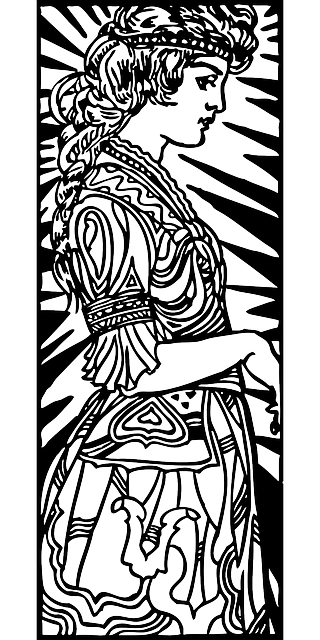معركة كرتسانيسي
| معركة كرتسانيسي | |||||||||
|---|---|---|---|---|---|---|---|---|---|
| جزء من الغزوات الفارسية لجورجيا | |||||||||
|
معركة كرتسانيسي بريشة Valerian Sidamon-Eristavi | |||||||||
| |||||||||
| الخصوم | |||||||||
|
مملكة كرتلي-كاختي مملكة إمرتي |
إيران القاجارية
|
||||||||
| القادة والزعماء | |||||||||
|
Heraclius II Solomon II |
Agha Mohammad Khan | ||||||||
| القوات | |||||||||
|
3,000 2,000 |
35,000 or 40,000 | ||||||||
| الخسائر | |||||||||
|
4,000 troops killed. Unknown number of wounded or captured 15,000 captives (civilians) moved to mainland Persia |
13,000 killed. Unknown number of wounded or captured | ||||||||
معركة كرتسانيسي (بالجورجية: კრწანისის ბრძოლა, k'rts'anisis brdzola؛ بالإنگليزية: Battle of Krtsanisi) نشبت بين Qajars of Iran and the Georgian armies of the Kingdom of Kartli-Kakheti and Kingdom of Imereti at the place of Krtsanisi near Tbilisi, Georgia, from Septemberثمانية to September 11, 1795, as part of Agha Mohammad Khan Qajar's war in response to King Heraclius II of Georgia’s alliance with the Russian Empire. The battle resulted in the decisive defeat of the Georgians, capture, and complete destruction of their capital Tbilisi, as well as the temporary absorption of eastern parts of Georgia into the Iranian Empire.
Although the Qajars were victorious and Agha Mohammad Khan kept his promise to Heraclius (Erekle) that if he would not drop the alliance with Russia and voluntarily reaccept Iranian suzerainty they would invade his kingdom, it also showed that Russia's own ambitions and agenda were set as the most important reason for Russia not to intervene at Krtsanisi, even though the latter had officially declared in the Treaty of Georgievsk of 1783 that it would protect Erekle's kingdom against any new Iranian ambitions to re-subjugate Georgia. Subsequently, in order to restore Russian prestige, Catherine would launch a punitive campaign against Iran the next year, but it was shortly recalled after her death. The following years remained turbulent and were known as a time of muddle and confusion. Reestablishment of Iranian rule over Georgia did not last long, for the shah was assassinated in 1797 in Shusha, and the Georgian king had died the year after. With Georgia laying in ruins and the central rule in Iran being concerned with the next heir to the throne, it opened the way for Georgia's annexation by Russia several years later by Tsar Paul.
As Iran could not permit or allow the cession of Transcaucasia and Dagestan, which were integral parts of Iran for centuries, the consequences of the Krtsanisi battle directly led to the bitter Russo-Persian War (1804-1813) and Russo-Persian War (1826-1828), in which Fath Ali Shah, Agha Mohammad Khan's successor, attempted to reverse Russian military advances and restore Iranian authority north of the Aras and Kura rivers. After these wars, Iran ceded Transcaucasia and Dagestan to imperial Russia per the Treaty of Gulistan (1813) and the Treaty of Turkmenchay (1828).
خلفية
Eastern Georgia, composed of the kingdoms of Kartli and Kakheti, had been in the early modern era under Iranian suzerainty since the 1510s. In 1744, Nader Shah had granted the kingship of Kartli and Kakheti to Teimuraz II and his son Erekle II (Heraclius II) respectively, as a reward for their loyalty. When Nader Shah died in 1747, they capitalized on the chaos that had erupted in mainland Iran, and declared de facto independence. After Teimuraz II died in 1762, Erekle II assumed control over Kartli, and united the two kingdoms in a personal union as the Kingdom of Kartli-Kakheti, becoming the first Georgian ruler to preside over a politically unified eastern Georgia in three centuries. At about the same time, Karim Khan Zand had ascended the Iranian throne; Erekle II quickly tendered his de jure submission to the new Iranian ruler, however, de facto, he remained autonomous. In 1783, Heraclius placed his kingdom under the protection of the Russian Empire in the Treaty of Georgievsk. In the last few decades of the 18th century, Georgia had become a more important element in Russo-Iranian relations than some provinces in northern mainland Persia, such as Mazandaran or even Gilan. Unlike Peter I, Catherine, the then ruling monarch of Russia, viewed Georgia as a pivot for her Caucasian policy, as Russia's new aspirations were to use it as a base of operations against both Iran and the Ottoman Empire, both immediate bordering geo-political rivals of Russia. On top of that, having another port on the Georgian coast of the Black Sea would be ideal. A limited Russian contingent of two infantry battalions with four artillery pieces arrived in Tbilisi in 1784, but was withdrawn, despite the frantic protests of the Georgians, in 1787 as a new war against Ottoman Turkey had started on a different front.
الغزوالفارسي
In August 1795, Agha Mohammad Khan crossed the Aras river with a 70,000-strong army. This force was divided in three: the left wing was sent in the direction of Erivan, the right one parallel to the Caspian Sea into the Mughan across the lower Aras towards Dagestan and Shirvan, while the Shah headed the centre force himself, advancing towards the fortress of Shusha in the Karabakh Khanate, which he besieged betweenثمانية July andتسعة August 1795. His right and left wing forced the Khans of Ganja and Erivan into alliance respectively. Having abandoned the siege of Shusha due to stiff resistance, which was further aided by Georgian crown prince Aleksandre, the Khan of Karabakh, Ibrahim Khan, eventually surrendered to Mohammad Khan after discussions, including the paying of regular tribute and to surrender hostages, though the Qajar forces were still denied entrance to Shusha. Since the main objective was Georgia, Mohammad Khan was willing to have Karabakh secured by this agreement for now, for he and his army subsequently moved further. While at Ganja, having secured Shirvan, he was joined by Javad Khan Qajar and the rest of his right wing contingent. At Ganja, Mohammad Khan sent Erekle his last ultimatum, who received it in September 1795:
Your Highness knows that for the past 100 generations you have been subject to Iran; now we deign to say with amazement that you have attached yourself to the Russians, who have no other business than to trade with Iran... Last year you forced me to destroy a number of Georgians, although we had no desire at all for our subjects to perish by our own hand...It is now our great will that you, an intelligent man, abandon such things... and break relations with the Russians. If you do not carry out this order, then we shall shortly carry out a campaign against Georgia, we will shed both Georgian and Russian blood and out of it will create rivers as big as the Kura....
الأعقاب
On his return, after the conquest of Tbilisi and being in effective control of eastern Georgia, Agha Mohammad was formally crowned Shah in 1796 in the Mughan plain, just like his predecessor Nader Shah was about sixty years earlier. As The Cambridge History of Iran notes; "Russia's client, Georgia, had been punished, and Russia's prestige, damaged." Heraclius II returned to Tbilisi to rebuild the city, but the destruction of his capital was a death blow to his hopes and projects. Upon learning of the fall of Tbilisi General Gudovich put the blame on the Georgians themselves. To restore Russian prestige, Catherine II declared war on Persia, upon the proposal of Gudovich, and sent an army under Valerian Zubov to the Qajar possessions on April of that year, but the new Tsar Paul I, who succeeded Catherine in November, shortly recalled it.
الذكرى
انظر أيضاً
- Three Hundred Aragvians
- قائمة المعارك الجورجية
- التجريدة الفارسية 1796
المراجع
-
^ Yarshater, Ehsan (2010). Encyclopaedia Iranica. 8. Routledge & Kegan Paul. p. 72.
(..) Aga Mohammad Khan then proceeded to punish Erekle and capture Tbilisi, which resulted in the bloody conquest of eastern Georgia.
-
^ Fisher, William Bayne (1991). The Cambridge History of Iran. 7. Cambridge University Press. pp. 128–129.
Agha Muhammad Khan remained nine days in the vicinity of Tiflis. His victory proclaimed the restoration of Iranian military power in the region formerly under Safavid domination.
- ^ Axworthy, Michael (2010). Sword of Persia: Nader Shah, from Tribal Warrior to Conquering Tyrant. I.B.Tauris. p. 283.
The Qajars eventually won the struggle, and under Agha Mohammad Khan set about re-establishing Persia's traditional boundaries. Agha Mohammad Khan reconquered Georgia in September 1795.
- ^ Michael Axworthy. Penguin UK,ستة nov. 2008 ISBN 0141903414
- ^ Donald Rayfield. Reaktion Books, 15 feb. 2013 ISBN 1780230702 p 255
- ^ Kalistrat Salia. N. Salia, 1983. University of Wisconsin - Madison p 351
- ^ Fisher et al. 1991, p. 128.
- ^ Lang, David Marshall (1962), A Modern History of Georgia, p. 38. London: Weidenfeld and Nicolson.
- ^ Malcolm, Sir John (1829), , pp. 189-191. London: John Murray.
- ^ "Tiflis", in: Yust, Walter (ed., 1952), The Encyclopædia Britannica - A new survey of universal knowledge. Volume 14, p. 209.
- ^ Fisher, William Bayne (1991). The Cambridge History of Iran. 7. Cambridge University Press. pp. 128–129.
(...) Agha Muhammad Khan remained nine days in the vicinity of Tiflis. His victory proclaimed the restoration of Iranian military power in the region formerly under Safavid domination.
-
^ Yarshater, Ehsan (2010). Encyclopaedia Iranica. 8. Routledge & Kegan Paul. p. 72.
(..) Aga Mohammad Khan then proceeded to punish Erekle and capture Tbilisi, which resulted in the bloody conquest of eastern Georgia.
- ^ Fisher et al. 1991, pp. 329-330.
- ^ "Edge of Empires: A History of Georgia". Retrieved 15 May 2015.
- ^ Suny 1994.
- ^ Hitchins 1998.
- ^ Fisher et al. 1991, p. 328.
- ^ Perry 1991.
- ^ Fisher et al. 1991, p. 327.
- ^ Mikaberidze 2011, p. 327.
- ^ Tapper, Richard (1997), Frontier Nomads of Iran: A Political and Social History of the Shahsevan, p. 122. Cambridge University Press, ISBN 0-521-58336-5.
- ^ Fisher et al. 1991, p. 126.
-
^ Cronin, Stephanie (2011). "ARMY iv a. Qajar Period". Encyclopaedia Iranica.
In the late 18th century Āḡā Moḥammad Khan, with the military forces he was able to muster, successfully established Qajar rule throughout Iran and temporarily drove the forces of the advancing Russian empire back beyond Tbilisi, reasserting Iranian supremacy over the kingdom of Georgia (cf. Atkin, 99-122).
- ^ Fisher et al. 1991, p. 329.
المصادر
- Hitchins, Keith (1998). "EREKLE II". . pp. 541–542.
- Fisher, William Bayne; Avery, P.; Hambly, G. R. G; Melville, C. (1991). . 7. Cambridge: Cambridge University Press. ISBN .
- Ioselian, Plato (1866). Malan, Solomon Caesar (ed.). . London: Saunders.
- Mikaberidze, Alexander (2011). Conflict and Conquest in the Islamic World: A Historical Encyclopedia. 1. ABC-CLIO. ISBN .
- Perry, John (1991). "The Zand dynasty". . Cambridge: Cambridge University Press. pp. 63–104. ISBN .
- Suny, Ronald Grigor (1994). The Making of the Georgian Nation. Indiana University Press. ISBN .
















